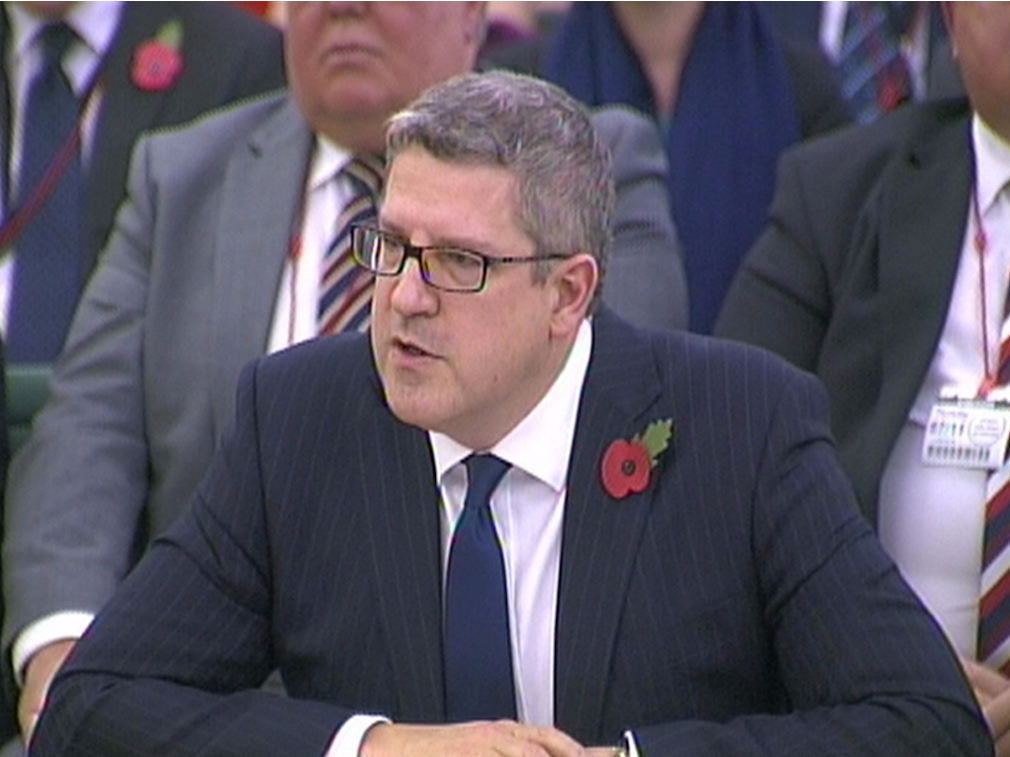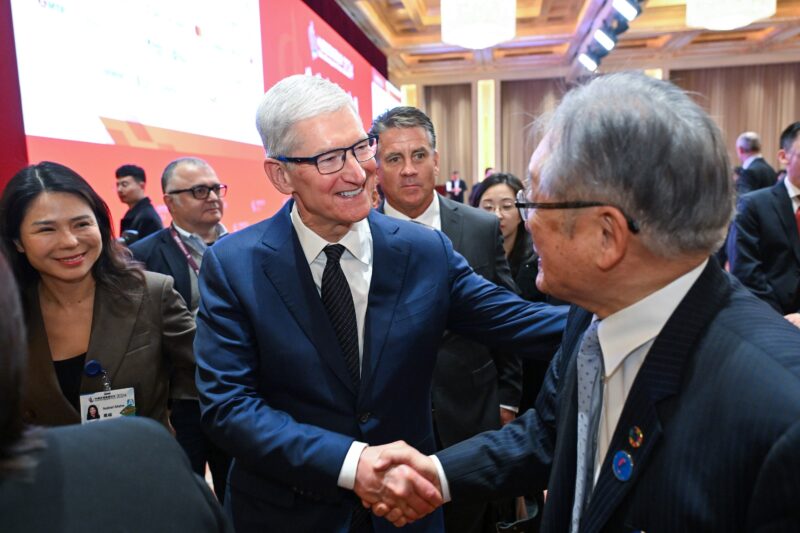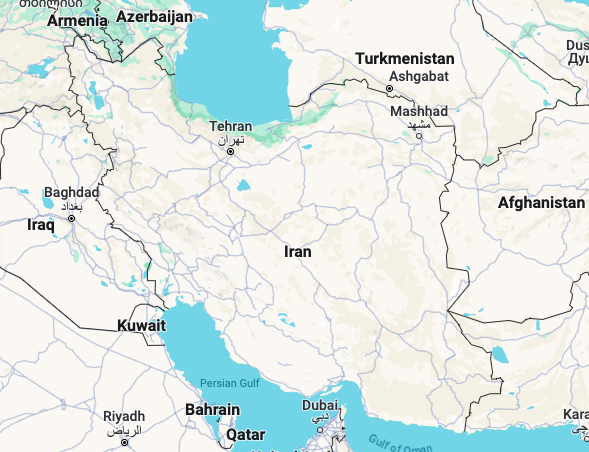Russia is a growing threat to the United Kingdom and is using an arsenal of sophisticated tools to covertly destabilise the country, according to MI5 chief Andrew Parker.
In an extended interview with The Guardian newspaper, Parker said while most attention is paid to the threat of Islamic extremism in light of recent attacks in Europe, Russia’s use of covert action make it a prominent and serious threat to the United Kingdom.
Parker, who heads the UK’s chief security and counter-intelligence service, claimed Russian spies are currently active on British streets, using cyber warfare to infiltrate confidential areas like government policy and military operations.
“It [Russia] is using its whole range of state organs and powers to push its foreign policy abroad in increasingly aggressive ways – involving propaganda, espionage, subversion and cyber-attacks,” Parker said.
“Russia is at work across Europe and in the UK today. It is MI5’s job to get in the way of that.”
Parker's interview with the Guardian is an unprecedented moment in the MI5's history. It's the first time a serving chief has given a newspaper interview in the body's 107-year history. It comes as relations between Russia and the west deteriorate, with the former continuing to bomb the Syrian city of Aleppo in support of President Assad, killing many civilians in the process.
"Russia increasingly seems to define itself by opposition to the west and seems to act accordingly," Parker added.
"You can see that on the ground with Russia's activities in Ukraine and Syria. But there is high-volume activity out of sight with the cyber-threat."
In one of the key quotes of the interview, Parker added (emphasis ours):
"Russia has been a covert threat for decades. What's different these days is that there are more and more methods available."
Chancellor Philip Hammond is set to announce plans on how he will carry out the Tory government's pledge to spend an additional £1.9 billion on protecting UK websites from hackers and other cyber threats.
The scheme, called the National Cyber Security Strategy, was first announced last year by George Osborne, when he served as chancellor in David Cameron's government.











